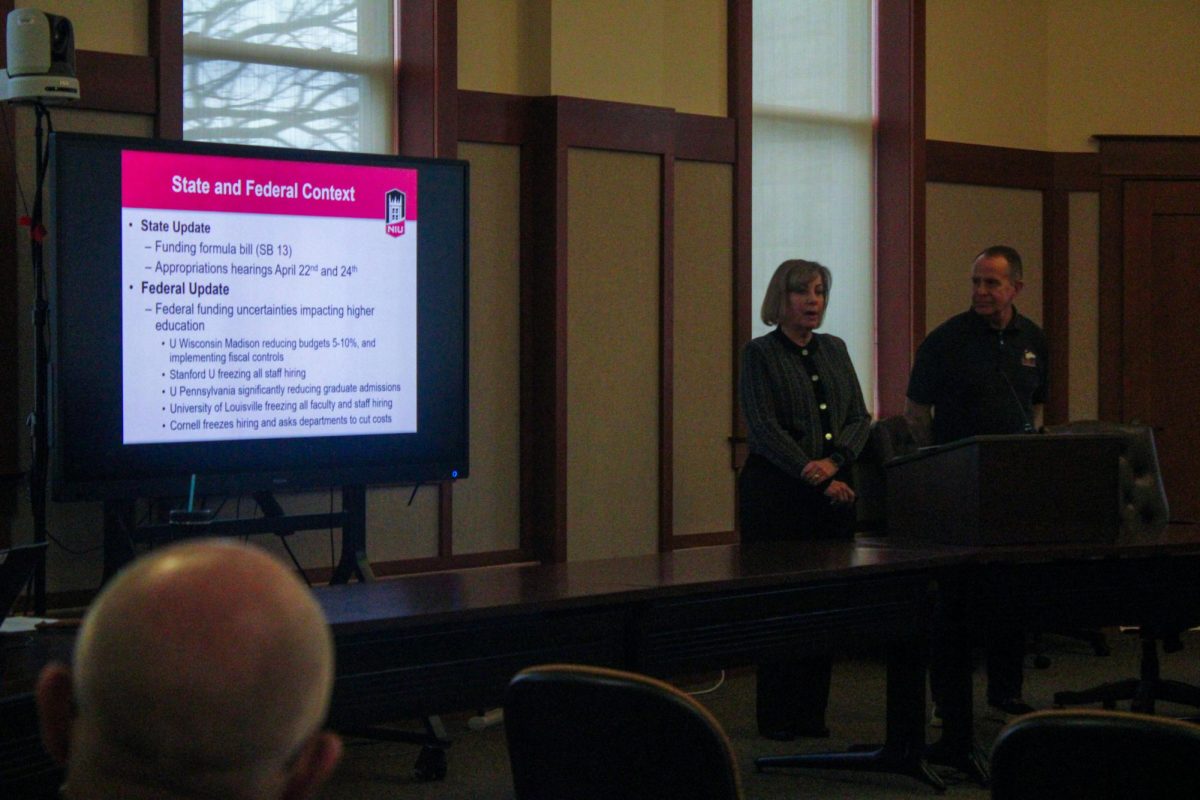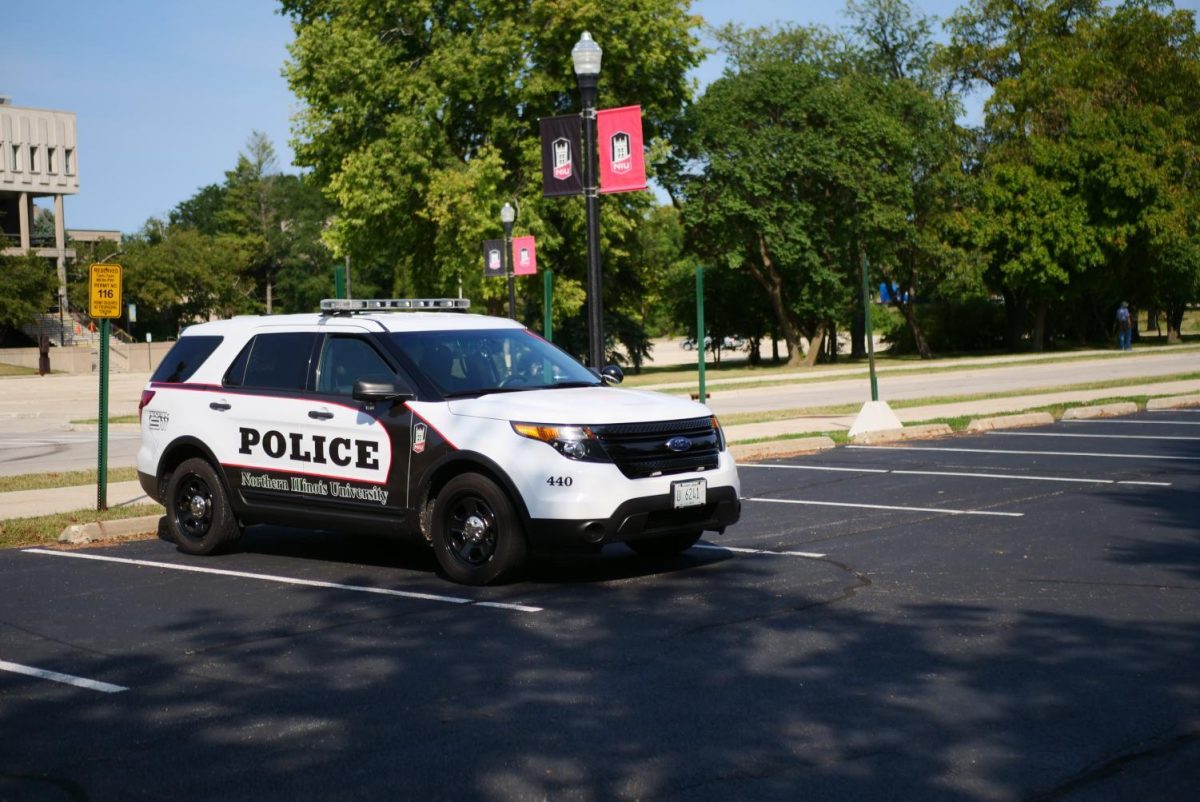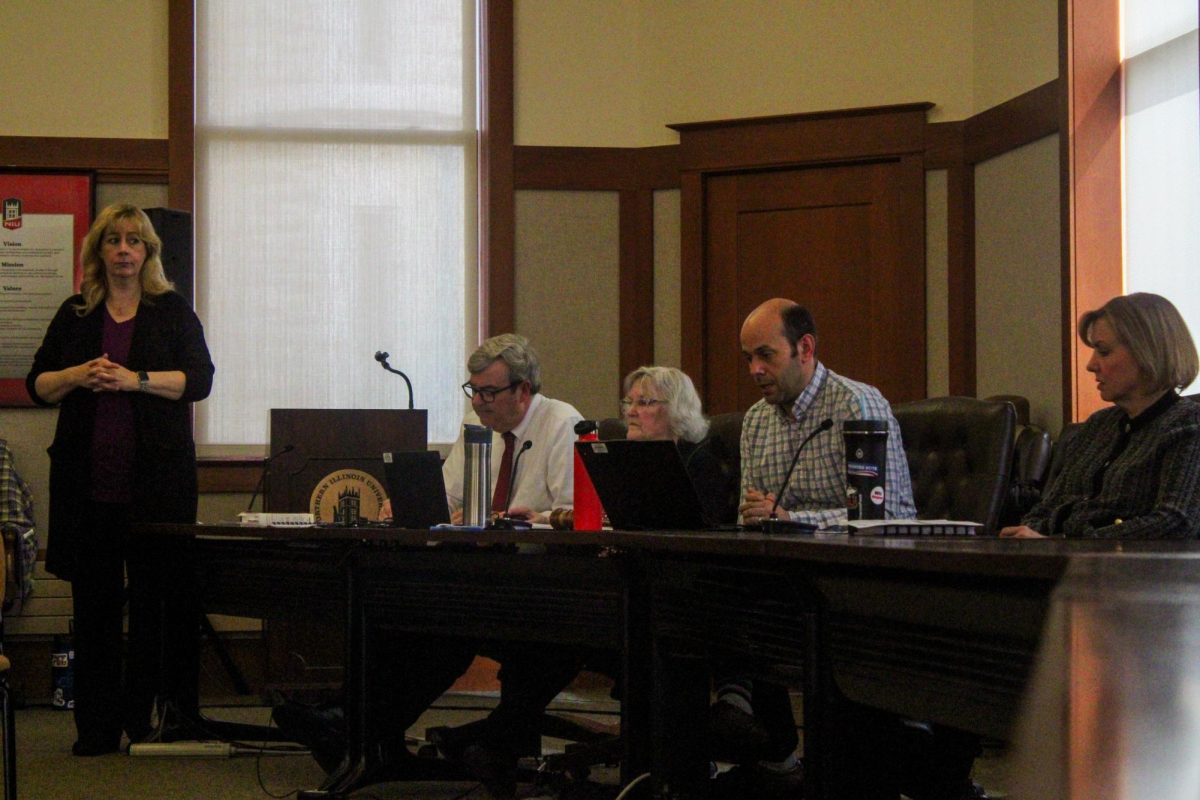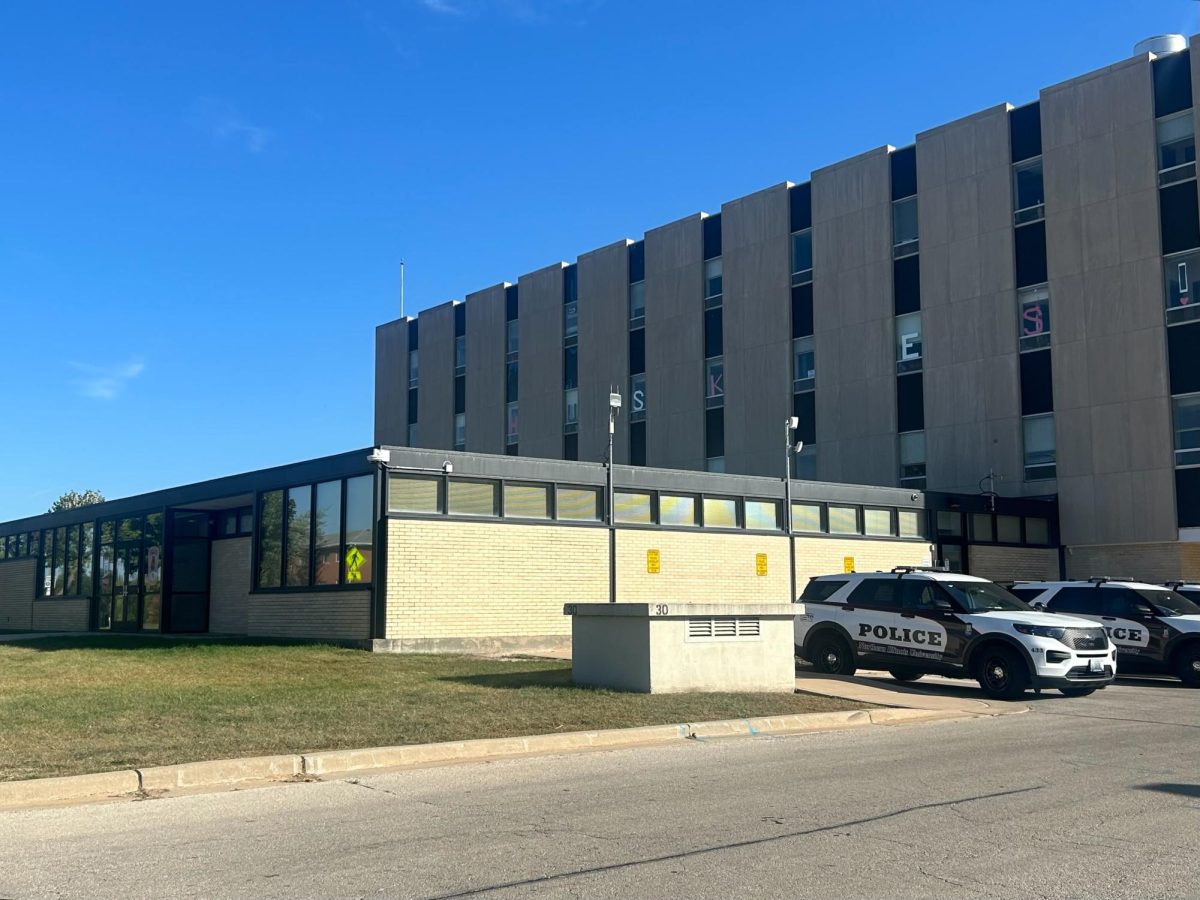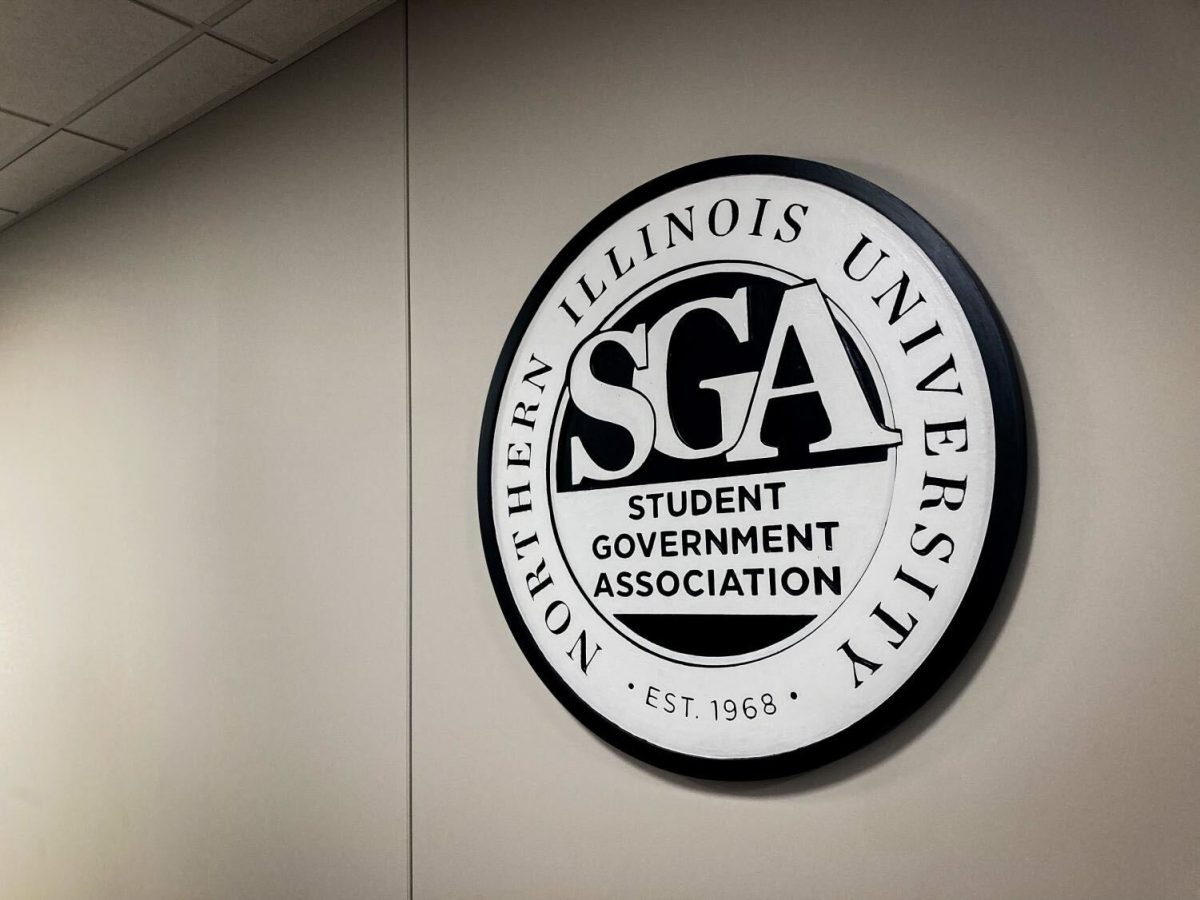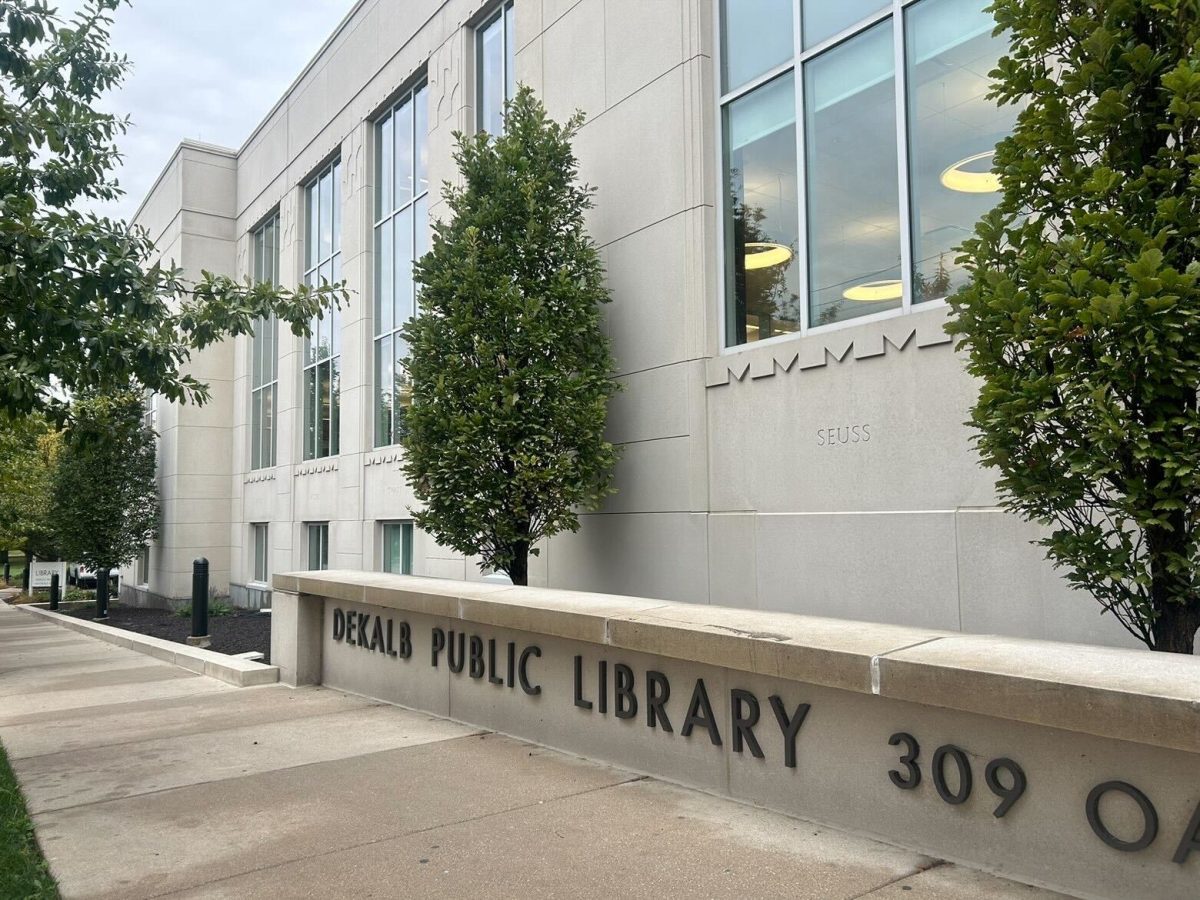DeKALB – University Council met Wednesday to address federal crackdown on visa students by the Trump administration and the implementation of NIU’s proposed budget plans.
CONCERNS ABOUT VISA STUDENTS
NIU Vice President and Provost Laurie Elish-Piper addressed concerns over the status of visa students at NIU in the midst of national controversy surrounding visa revocations by the Trump administration.
“We’ve been in communication with individual members of our campus community who are international students, scholars and faculty and staff to communicate to them directly and to make sure of resources and to make sure they’re aware of their rights and where they can go if they have questions,” Elish-Piper said.
She reiterated NIU’s commitment to upholding freedom of speech and due process for international students, referencing NIU President Lisa Freeman’s statement Monday where Freeman, along with 570 university and college presidents, condemned the revoking of international student visas by the Trump administration.
Immigration status is confidential and protected information under FERPA. Elish-Piper said the University is not sharing the immigration status of individual students.
“That’s not something that’s readily shared because it violates FERPA,” she said. “I just wanted to provide that contextual piece as well, because some folks have been asking questions about individuals and that’s not information that can or should be shared.”
IMPLEMENTATION OF BALANCED BUDGET FOR FISCAL YEAR 2026
Elish-Piper reiterated what was said in a presentation from a Faculty Senate meeting on March 26, explaining that the purpose of the zero-based budget was to ensure academic responsibility.
The zero-based budget, planned for the start of Fiscal Year 2026, is a budgeting system in which any money allocated must be justified, starting from $0 at the start of a fiscal year. This is a move away from the traditional incremental budgeting system NIU has used in the past in which a set amount of money was guaranteed at the start of each fiscal year with marginal adjustments made as necessary.
Elish-Piper explained the uncertainty around Illinois Senate Bill 13, known as the Adequate and Equitable Public University Funding Act, which sets funding minimums for all eligible public universities in Illinois to be distributed through the Board of Higher Education.
According to the Illinois General Assembly, the intention of the bill is to provide specific data-driven criteria to equitably fund public universities in Illinois.
“If that is funded it will change how higher education is funded and likely be very positive for NIU, but there’s a couple of unknowns here,” Elish-Piper said. “Number one, we don’t know if it will be passed, and number two, if it is passed, we don’t know if or how or when it would be funded because the bill does not come with a pile of money.”
UCPC AMENDMENT AND RE-ESTABLISHMENT OF RSBC
University Council unanimously voted in favor of amending the language of a bylaw which oversees the composition of the University Council Personnel Committee. The bylaw now provides more flexibility in the staff membership of the UCPC.
Council Chair Benjamin Creed explained the rationale behind the proposal.
“This was done in collaboration with presidents of the operating staff council and professional staff council as they have asked for some flexibility in the language about how the seats assigned to those two councils are filled on the University Council personnel,” Creed said.
The bylaw previously said that the University Council Personnel Committee should consist of two tenure faculty members, one student member, two staff members, two supportive professional staff, one instructor and one clinical faculty. The vice provost for faculty affairs and the chief human resources officer both serve ex officio, and do not vote. All are chosen from already operating members serving on the University Council.
The new language says that three faculty members are to be appointed by the council chair and will serve two-year terms. Two students, one graduate and undergraduate serve a one-year term. Two staff members, one representing the Supportive Professional Staff and the other the Operating Staff, will be appointed by presidents of the respective councils and will serve two-year terms.
RESOURCES SPACE AND BUDGET COMMITTEE
The Council of Deans will appoint one department chair or school chair director and both will serve a two-year term, eligible for reappointment.
The University Council voted on a proposal to reintroduce the Resources, Space and Budget Committee.
Creed first announced the proposal to reestablish the Resources, Space and Budget Committee at the last University Council meeting on Feb. 27.
The final vote was 19-1 in favor of its reintroduction.


